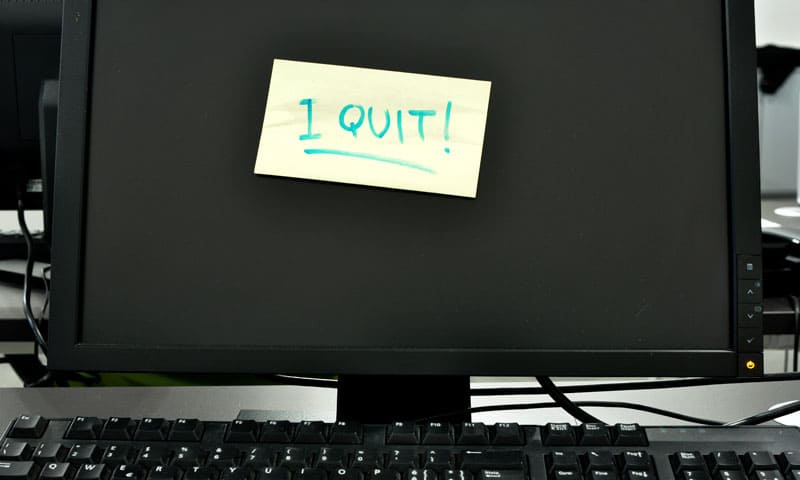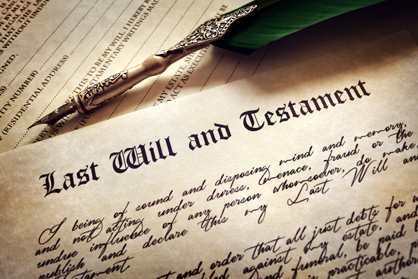The U.S. Justice Department has requested that a federal appeals court not extend Major League Baseball’s immunity from antitrust law to a dispute involving restrictions on the number of minor league teams that can be affiliated with professional clubs. The Department submitted a friend-of-the-court filing to the 2nd U.S. Circuit Court of Appeals, cautioning against allowing MLB to utilize its antitrust shield in the pending case.
The U.S. Supreme Court crafted this exemption in 1922, stating that exhibitions of baseball games were “purely state affairs” and beyond the scope of antitrust law. Since then, courts have been grappling with legal challenges to overturn or minimize its reach.
The Department of Justice argued that, in contrast to other antitrust exemptions, the Federal Baseball exemption was not created to reconcile competing legal authorities or substantive policy goals. They pointed out that competition law has other carve-outs for labor and other matters.
The case was filed in 2021 in Manhattan federal court by several minor league clubs that lost their affiliation with major league teams, including the Houston Astros after MLB created a new professional development league. This move reduced the number of minor league affiliates from 160 to 120.
The minor league clubs seek to revive their lawsuit, alleging that pro baseball abused its power in the reshuffling. Lawyers for the minor league teams have referred to the MLB exemption as a “get-out-of-antitrust-jail-free card.” The clubs have asked the 2nd Circuit to urge the U.S. Supreme Court to end the exemption.
In 2015, the Supreme Court rejected a challenge to the MLB antitrust exemption in a dispute over San Jose’s interest in becoming the home of the Oakland Athletics. The Department of Justice’s filing stated that professional sports and antitrust laws have coexisted in various ways over the years. They pointed to a 2010 Supreme Court case that said sports “teams that need to cooperate are not trapped by antitrust law.”
“Simply put, the application of antitrust law to professional sports has proven workable,” said DOJ lawyer Matthew Mandelberg in his address to the 2nd Circuit.
In this case, the U.S. Justice Department’s intervention highlights the importance of ensuring that antitrust laws are applied fairly and equally to all entities, regardless of their industry or sector. The outcome of this case will likely have significant implications for the future of professional sports and the application of antitrust law. It will be interesting to see how the 2nd Circuit and potentially the Supreme Court handle this matter in the coming months.
REFERENCES:
U.S. Justice Dept jumps into pro baseball antitrust fray on appeal














































